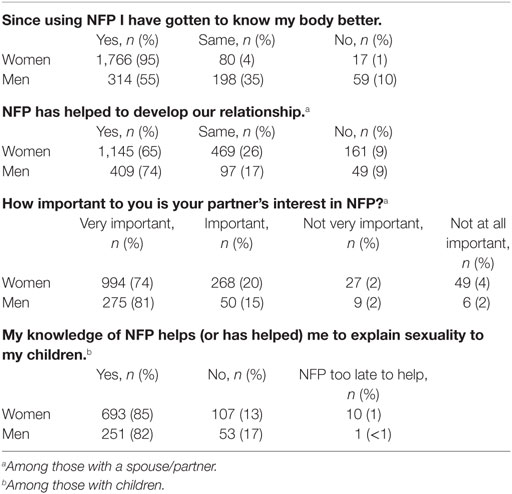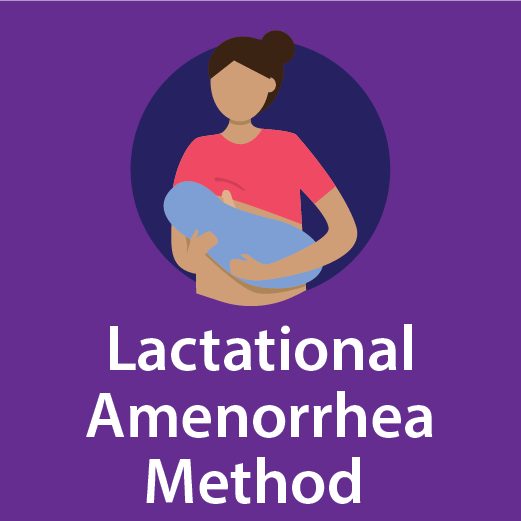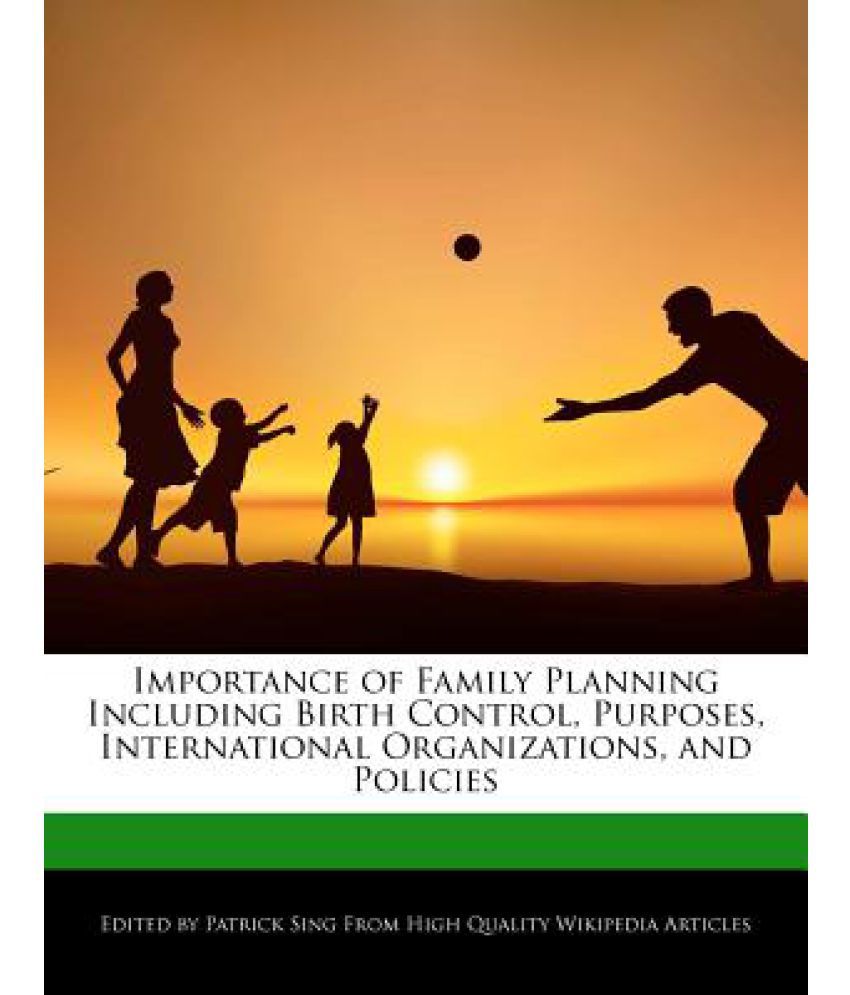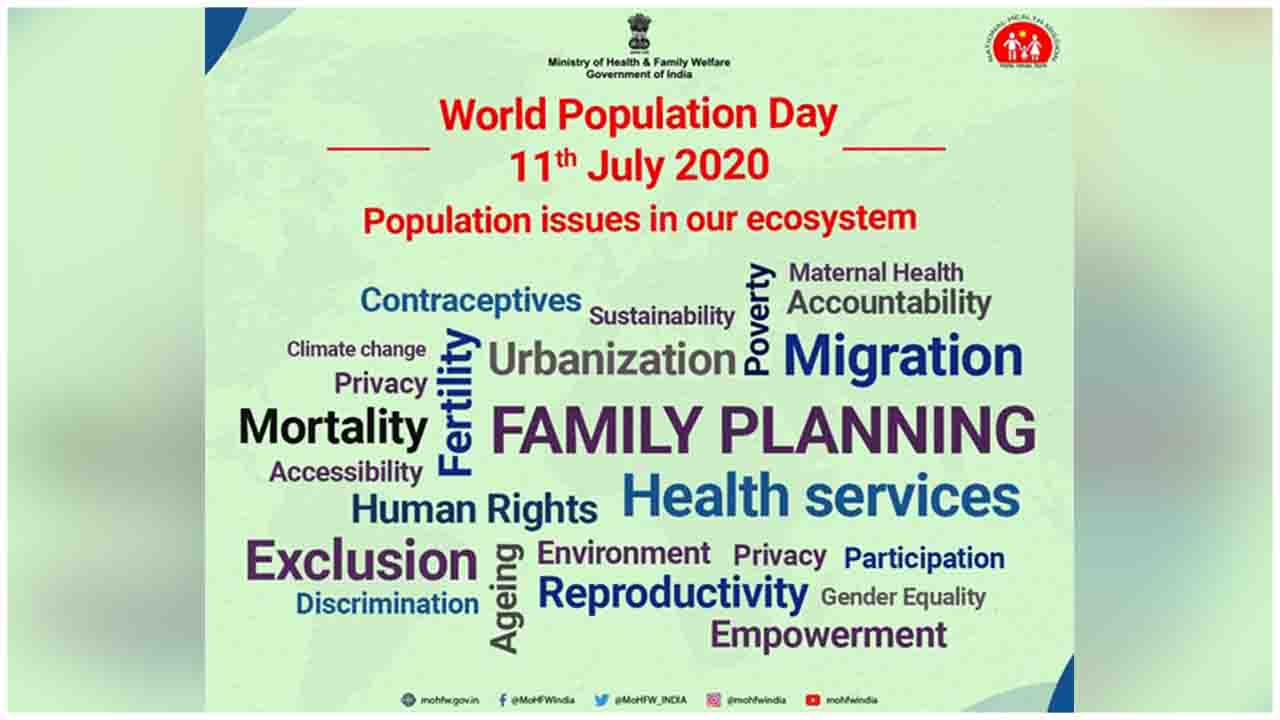Family planning refers to the practice of intentionally regulating the number and spacing of children in a family. It involves the use of various methods, including contraception, to prevent unintended pregnancies and to achieve desired family size. Family planning is an important aspect of reproductive health and has numerous benefits for individuals, families, and society as a whole.
One of the main benefits of family planning is that it helps individuals and couples to have children when they are ready and able to care for them. By allowing people to plan and space out their pregnancies, family planning can help to ensure that children are born into stable and supportive environments where they have access to the resources and opportunities they need to thrive. This can lead to better outcomes for children, including higher levels of physical, emotional, and social development.
In addition to benefiting individuals and families, family planning also has important implications for broader societal issues. For example, by helping to prevent unintended pregnancies, family planning can help to reduce the number of abortions and improve maternal and infant health. It can also help to reduce population growth and associated pressures on resources such as food, water, and housing. This can lead to more sustainable and equitable societies, as well as helping to combat climate change by reducing the carbon footprint of each individual.
Another important aspect of family planning is the role it plays in empowering individuals and couples to make informed and responsible decisions about their reproductive health. By providing access to a range of effective and appropriate methods of contraception, family planning enables individuals to choose when and if they have children, and to plan their families in a way that aligns with their values, goals, and circumstances. This can help to promote gender equality and reproductive justice, as it allows individuals to make decisions about their own bodies and lives without interference or coercion.
Despite the many benefits of family planning, it remains a controversial and sensitive issue in many parts of the world. Some people object to the use of contraception or other family planning methods on moral or religious grounds, while others may view it as a form of population control. However, it is important to recognize that family planning is a fundamental aspect of reproductive health and human rights, and that it can have positive impacts on the lives of individuals, families, and societies. By supporting and promoting access to effective and appropriate family planning services, we can help to ensure that everyone has the opportunity to make informed and responsible decisions about their reproductive health and to plan and build the families they desire.



:max_bytes(150000):strip_icc()/Human-resource-planning-8a994004eb0a44a29073e3ef283c36db.png)



